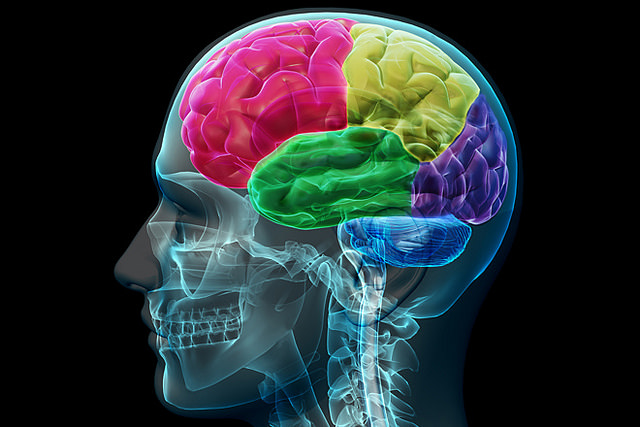At the start of each academic year, SMU’s Center for Teaching Excellence (which I direct) hosts a Teaching Effectiveness Symposium. This year our keynote speaker was Todd Zakrajsek from the School of Medicine at the University of North Carolina. Todd is a dynamic and engaging speaker. His talk was based on his book, The New Science of Learning: How Brain Research is Revolutionizing the Way We Learn (which I highly recommend). In today’s post, I will share my five top takeaways from his keynote that I believe should inform the way we teach in higher education.

1. We improve a task by working on specific aspects— not by repetition.
We can repeat a task over and over again, but this repetition won’t make us better. Sure, we might gain some marginal improvement in our process, yet this simply doesn’t lead to dramatic gains. To improve at a skill or task, we have to work on specific aspects of it.
If you want to become a better baseball player, you work on the timing of your swing. If you want to become a better writer, you work on how to write your introduction or the types of verbs you use.
As we improve specific aspects, we realize overall learning gains through the accumulation of these smaller improvements.
2. Crappy group work leads to better student learning than the best lectures.
This may have been my favorite line in his entire talk. Research (Hake, 1998) has demonstrated that students in classes engaged in active learning across the board show higher learning gains than even the best lecture courses.
Even the lowest performing classes using active learning scored on par with the highest scoring lecture-based classes.
This doesn’t mean that we should eliminate lectures entirely, but anyone who lectures exclusively needs to pause and think about varying their teaching methods.
3. When is it better not to think?
I have a hard time with this point. In most of my classes, I tend to deemphasize the memorization of facts and ideas. Instead, I push my students to grapple with unclear concepts and theories. However, it takes more time and energy to think than to recall.
Are there some basic course-related concepts that my students just need to memorize so that they can then focus their mental energies on critical thinking? I need to reevaluate my classes and identify those areas where students need to have quick recall so that they then can work on critical thinking and analysis.
4. Multitasking is more than a problem. It doesn’t work.
Nearly every student texts throughout an entire class session (McCoy, 2013). Even the mere presence of a cell phone sitting on a desk causes reduced attention spans. Yes, finally, there’s a research basis for telling students to put their phones away!
More to the point, it is not possible to simultaneously work on two complex processes. We can walk and talk at the same time because we don’t have to work at walking. Our brains do not have the capacity to work through complex class material while also texting with 3 friends. As faculty, we need to help establish a classroom environment where students can focus on the content.
5. Students must be taught to learn.
Many faculty, myself included, can fall into the trap of focusing on content and less about the process of learning. Students must be taught how to take a metacognitive approach.
Of all of the aspects of my teaching, this area is probably where I’ve changed the most over the years. I try to pause and talk to students about how to read (rather than getting frustrated at their inability to comprehend what they are reading). Likewise, I talk about the writing process and offer tips for them to improve their writing process not just their writing.
In every class, faculty should be taking class time to talk about the process behind what we are asking students to do from writing to reading to presenting. I have come to believe these process questions are at least as valuable— perhaps more so— than much of the traditionally defined course content we deliver.
We have to work at teaching
Just as is the case with any skill or ability, all of us who teach have to work at getting better. Teaching is like any other situation where you have to work on specific aspects to get better.
I challenge you to pick out one or two things to work on this semester. I believe you will find yourself energized about the teaching process and you will find that your students learn more!

